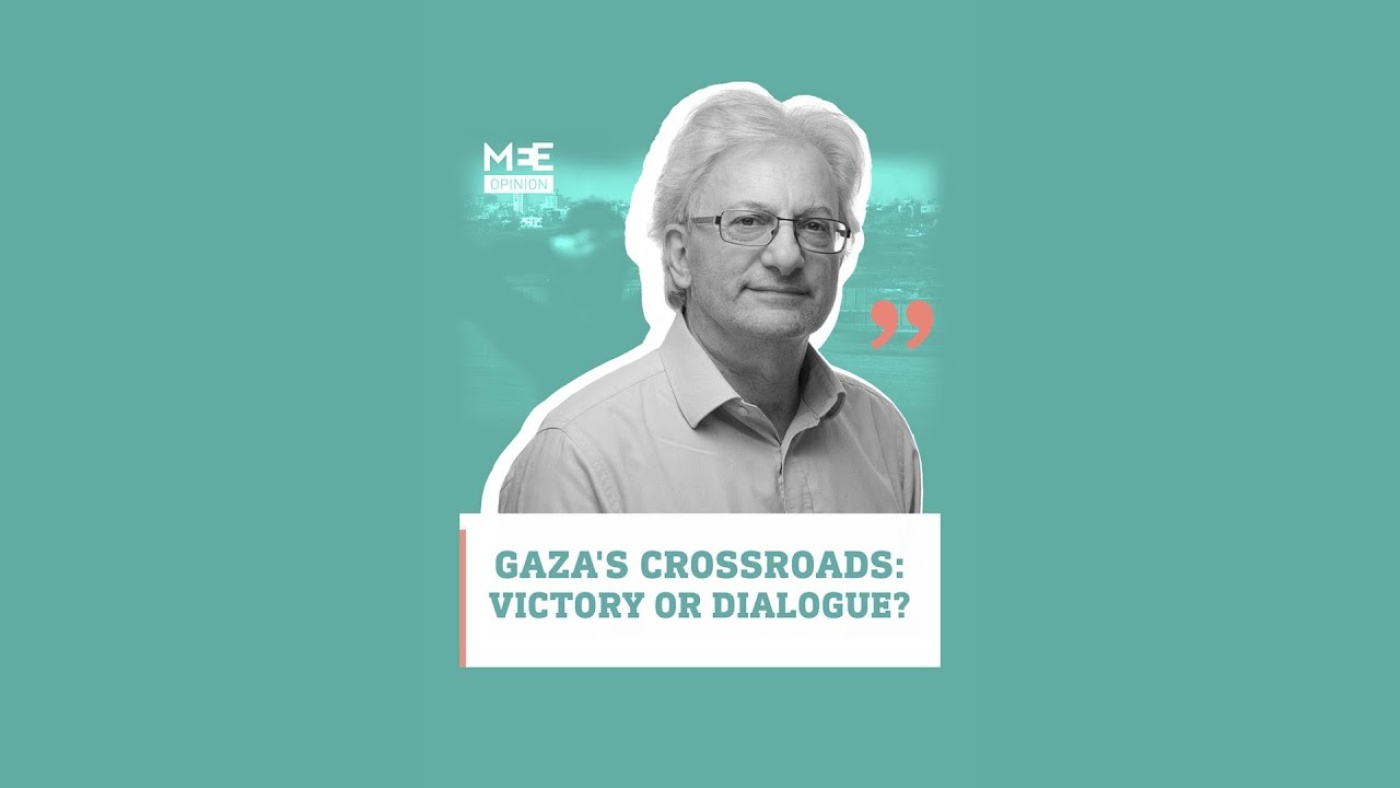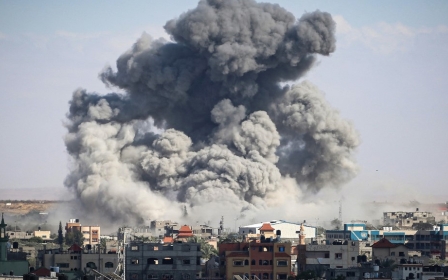Op-Ed video: Can Israel achieve victory in Gaza?
The Israeli war cabinet's decision to launch an assault on Rafah, where some 1.4 million Palestinians are sheltering, is proving to be a crisis point in a war which has now entered its fifth month.
Benny Gantz, a member of the war cabinet, has said Hamas has until Ramadan before Israeli forces will advance on the southern city where the refugees, who were forcibly ejected from the north and centre of Gaza, are now sheltering.
David Hearst, the co-founder and editor-in-chief of Middle East Eye, says it's unclear whether the war cabinet is simply engaging in a war of words with Hamas or whether it means what it says, because if so, Israel "will have problems on three fronts."
"The Israeli army doesn't have the numbers for a ground attack without calling up more reservists which would be an unpopular move," Hearst says.
He adds that its unclear what the effects of a ground attack on Rafah could have on relations with Egypt, which has so far, "played ball with Israel."
New MEE newsletter: Jerusalem Dispatch
Sign up to get the latest insights and analysis on Israel-Palestine, alongside Turkey Unpacked and other MEE newsletters
"Egyptian authorities are preparing a 10km buffer zone to receive displaced Palestinians but the reoccupation of the Philadelphi Corridor, a 14km buffer zone along the border, is a clear breach of the treaty Egypt signed with Israel in 1979," he says.
"[Egyptian] military intelligence is rightly concerned about the infiltration of Palestinian militants into Sinai which already has an insurgency firmly embedded there."
"Third, there is a clearly stated objection by its closest ally Washington not to launch this operation without having cleared the south of its 1.4 million refugees," he adds.
For Hearst, Israel has only two options: either follow Itamar Ben Gvir and Bezalel Smotrich in their quest to turn a war over land into a religious war, or it sit down with a leadership Palestinians have freely chosen, to discuss how they can share the land as equals.
The path to peace, according to Hearst, lies in dialogue, not further conflict.
The views expressed in this video belong to the author and do not necessarily reflect the editorial policy of Middle East Eye.
Middle East Eye delivers independent and unrivalled coverage and analysis of the Middle East, North Africa and beyond. To learn more about republishing this content and the associated fees, please fill out this form. More about MEE can be found here.






